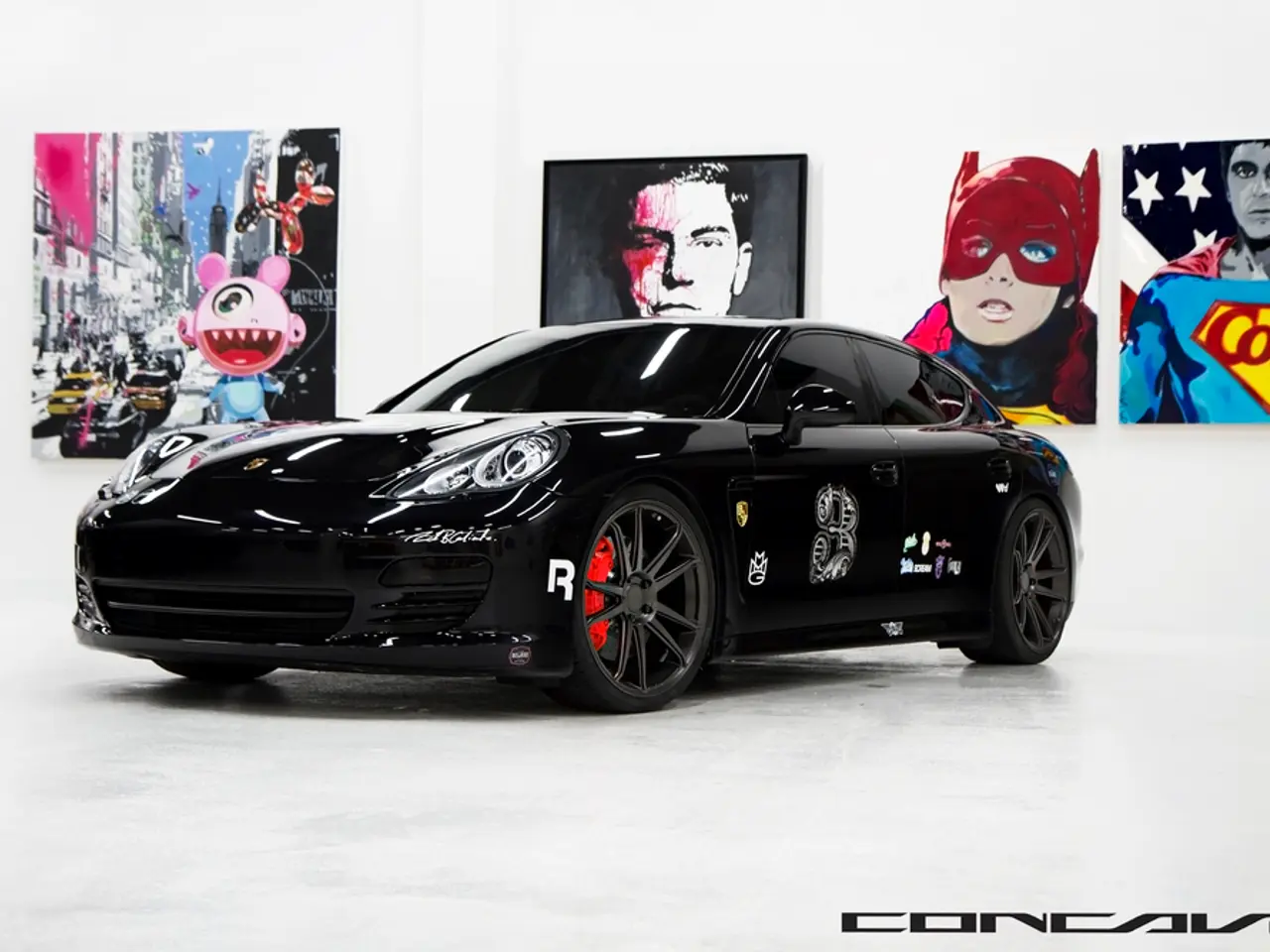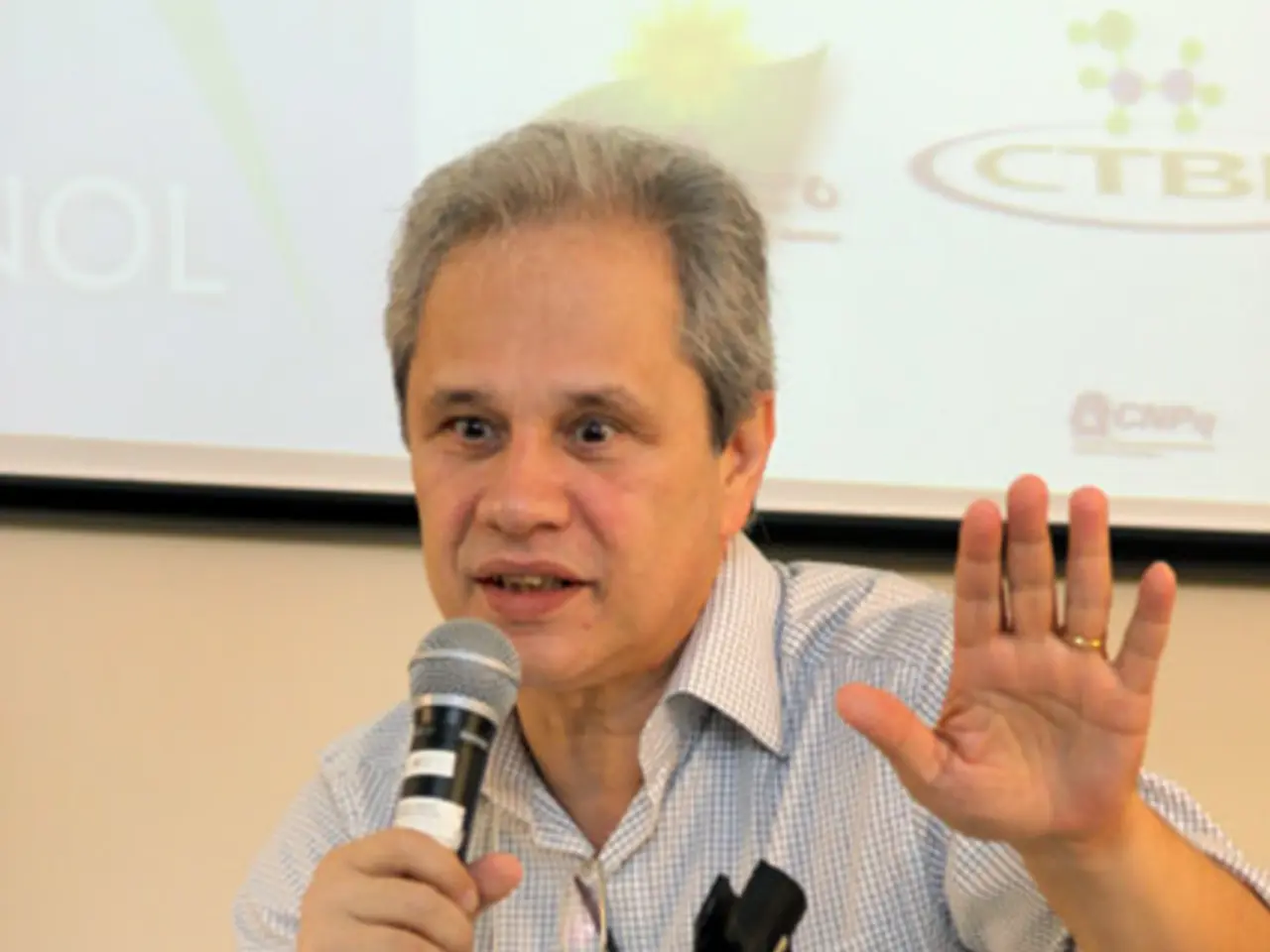Intense devotion towards Tesla threatens the positive progression of the electric revolution [op-ed]
In the world of electric vehicles (EVs), few brands have garnered as much attention and controversy as Tesla. As Elon Musk's company continues to push the boundaries of innovation, a passionate community of superfans has emerged, often taking their enthusiasm to the extreme. However, this fervor can sometimes lead to the spread of misinformation, causing harm to the EV community and Tesla's reputation.
Recently, Elon Musk himself has been involved in propagating misinformation about the pandemic. His tweets, including those promoting highly criticized information released by two Bakersfield doctors, have raised concerns about the accuracy and reliability of the information being shared.
One notable example of a Tesla superfan spreading misinformation is Vincent, a prominent figure on Twitter. Vincent has been known to promote fake Tesla showcases in China and falsely accuse journalists of using information without crediting him. His actions have not only tarnished Tesla's image but also created a divisive environment within the EV community.
Misinformation can lead to increased polarization between Tesla supporters and critics. This divisiveness can hinder constructive discussions about EV adoption, challenges, and policies. It may also alienate potential Tesla customers or EV enthusiasts who are seeking balanced perspectives.
When superfans spread inaccurate or exaggerated claims about Tesla’s technology, capabilities, or performance, it can create confusion and skepticism within the EV community and among potential buyers. Over time, this undermines trust in not only enthusiast opinions but also credible information sources, making it harder for consumers to make informed decisions.
Although Tesla officially does not control fan behavior, persistent misinformation associated with its brand can reflect poorly on the company. When unsupported claims are traced back to "Tesla culture," Tesla may be blamed for fostering an environment that enables misinformation or for lacking transparency, which can affect investor confidence and public perception.
Moreover, overhyping Tesla’s capabilities or dismissing the strengths of competing EV brands through misinformation may distort market perceptions and delay broader EV adoption. It can also lead to unrealistic expectations, which when unmet, result in consumer disappointment that affects the entire EV sector’s credibility.
The spread of misinformation requires media outlets and regulators to devote more resources to fact-checking and addressing false claims, which can slow the pace of public discourse and policy development supporting EV growth.
It's important to note that this behavior is not limited to Vincent and other superfans. The Third Row Tesla Podcast, run by a group of Tesla superfans, has also been accused of spreading misinformation. In one instance, they implied that a state representative, Lorena Gonzalez, was an oil industry shill, which was erroneous. Gonzalez is endorsed by the popular climate group Sierra Club and unions are her biggest campaign contributors.
This behavior is negative for the electric vehicle community, Tesla, and Elon Musk, as it corrupts the feedback loop and reinforces Musk's opinions with biased information. It's crucial for all parties involved to strive for accurate, responsible communication to foster sustainable growth and acceptance of electric vehicles.
The author of this article, a long-time Tesla fan and influential figure in the EV community, has experienced personal attacks and threats from some Tesla superfans, including a death threat from an anonymous Tesla short. Despite this, the author continues to write about Tesla and EVs, having penned over 7,000 articles about the topic, with about 6,000 of them being about Tesla. Their website, the biggest electric vehicle publication in the world, attracts 10 million monthly readers.
As we move forward, it's essential for the EV community, Tesla, and its superfans to prioritize factual accuracy and responsible communication to ensure a bright and sustainable future for electric vehicles.
- The pursuit of green energy, as demonstratedby electric vehicles (EVs), is greatly influenced by technology and initiates discourse in the general-news sector, but misinformation from enthusiasts like Vincent can tarnish brands such as Tesla and obstruct constructive conversations about EV adoption.
- Embracing a lifestyle centered around EVs can lead to passion and excitement, as seen in Tesla's superfans, but the wrongful dissemination of information cripples the growth of the industry and can deter potential buyers, making it crucial for proper and responsible communication to be prioritized.
- In the world of entertainment, the popularity of shows like the Third Row Tesla Podcast may captivate audiences, but if they present misinformation, as they have been accused of, it can obstruct the progress of EVs and damage the reputation of influential figures like Elon Musk, ultimately hindering the growth of electric vehicles.




